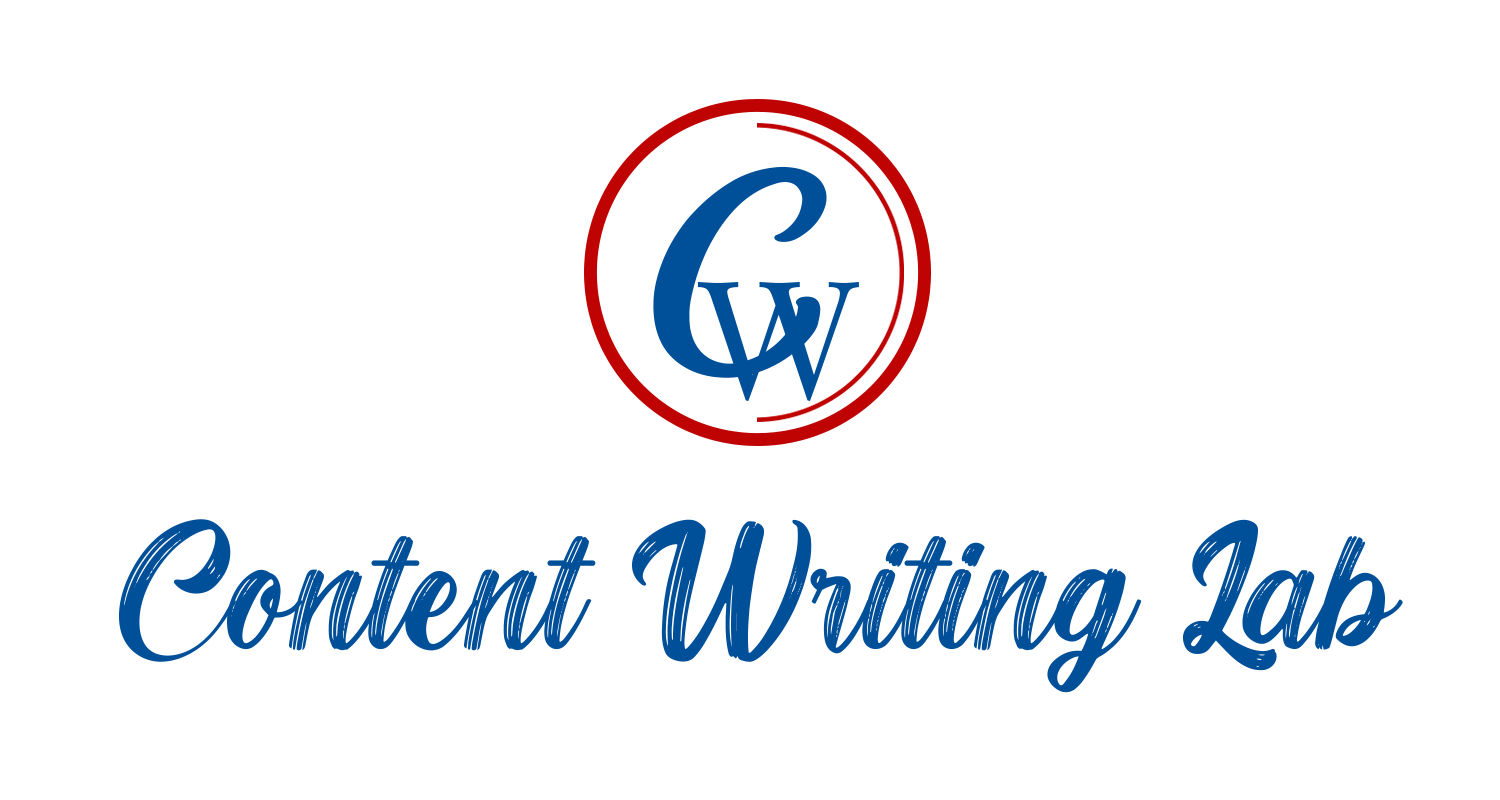Concussions, while often associated with sports-related incidents, can arise from a range of situations. Representing a type of traumatic brain injury (TBI), they present with diverse symptoms and potential complications. A primary concern following a concussion is the emergence of Post-concussion Syndrome (PCS). Aiding in the recovery from PCS, Vestibular Physiotherapy has become increasingly relevant, especially with the specialized offerings from centers like Emerald Hills Physiotherapy Sherwood Park.
Unravelling Post-concussion Syndrome
Post-concussion Syndrome is a multifaceted condition characterized by various symptoms that continue for weeks or even months after the concussive injury. Notable symptoms encompass dizziness, vertigo, headaches, and cognitive irregularities. These symptoms frequently stem from vestibular dysfunction, which relates to disruptions in the inner ear’s balance system or the pathways in the brain linked to balance and spatial orientation.
Vestibular Rehabilitation: A Promising Approach
The vestibular system, nestled within the inner ear, holds the responsibility for numerous crucial functions, chiefly among them being balance and spatial orientation. When this system suffers an injury, navigating daily life can be a daunting experience. Here, Vestibular Rehabilitation emerges as a beacon of hope for many.
Understanding the Science Behind Vestibular Rehabilitation
Fundamentally, Vestibular Rehabilitation stands as a distinct subset of physiotherapy. Its main goal is to harness the body’s innate capacity to adjust and account for vestibular anomalies. This aim is realized via targeted exercises and therapeutic strategies geared towards minimizing vertigo and dizziness, stabilizing vision during motion, and bolstering balance throughout.
A hallmark of Vestibular Rehabilitation is the concept of neuroplasticity — the brain’s remarkable ability to adapt and change its structure and functions in response to external stimuli. Leveraging this, physiotherapists introduce tailored exercises that challenge the vestibular system, promoting adaptation and recovery.
Why Vestibular Rehabilitation Stands Out
One might wonder: Why not opt for medication or other treatments? While medications can sometimes alleviate symptoms in the short term, they often come with side effects and might not address the root cause. In contrast, Vestibular Rehabilitation targets the underlying dysfunction, aiming for long-term resolution rather than mere symptom relief.
Furthermore, therapy sessions are tailored to cater to an individual’s distinct requirements. This personalized methodology guarantees that patients obtain care that directly addresses their individual symptoms and hurdles.
Core Techniques in Vestibular Rehabilitation for Post-concussion Syndrome
- Habituation Exercises: These are designed for patients who experience dizziness due to motion or specific visual stimuli. The goal is to desensitize the brain to movements or visuals that trigger dizziness. This involves a series of controlled, repetitive exposures to provoke symptoms, lessening their severity over time.
- Gaze Stabilization: Often, PCS patients may experience difficulty focusing on a target when their head is moving. Gaze stabilization exercises aim to improve control of eye movements, ensuring clear vision even with head motion.
- Balance Training: Due to the vestibular system’s role in maintaining equilibrium, balance can be impacted post-concussion. Exercises might include standing on one leg, walking heel-to-toe, or performing tasks that challenge the body’s center of gravity.
- Canalith Repositioning Maneuvers: Useful for conditions like Benign Paroxysmal Positional Vertigo (BPPV), which might manifest after a concussion, these maneuvers help reposition misplaced inner ear crystals to alleviate vertigo.
- Neck and Postural Exercises: Often, vestibular issues can be intertwined with neck problems post-concussion. Specific exercises can address these coexisting challenges, promoting overall stability and alignment.
- Sensory Integration Activities: These exercises aim to improve the collaboration of all balance systems (vestibular, visual, and somatosensory) for a coordinated and efficient response to bodily movements.
- Functional Retraining: Incorporating daily activities into the therapy helps patients transition back into their routines, ensuring they can perform tasks safely and confidently.
Benefits of Vestibular Rehabilitation in Post-concussion Syndrome Recovery
- Symptom Alleviation: Perhaps the most immediate benefit sought by patients, Vestibular Rehabilitation helps reduce or eliminate common symptoms like dizziness, vertigo, and balance issues, fostering a quicker return to daily activities.
- Improved Coordination and Balance: The targeted exercises within the rehabilitation regime work towards enhancing the patient’s balance, reducing the risk of falls and further injuries.
- Enhanced Gaze Stability: For those experiencing blurred or unstable vision following a concussion, Vestibular Rehabilitation offers exercises designed to stabilize the gaze, making activities like reading or watching TV more comfortable.
- Enhanced Daily Function: Improved balance and reduced symptoms mean that everyday tasks become more manageable and less daunting, from walking to driving.
- Structured Recovery: Vestibular rehabilitation provides a systematic approach to recovery, allowing patients to progress at a pace tailored to their individual needs.
- Boosted Confidence and Independence: As patients progress through their therapy and start noticing improvements, there’s often a concurrent boost in confidence, allowing them to regain independence in tasks they might have been avoiding due to their symptoms.
- Holistic Recovery: Beyond just physical symptoms, Vestibular Rehabilitation can also address cognitive and emotional challenges post-concussion, offering a comprehensive path to wellness.
Conclusion
The journey of recovery from Post-concussion Syndrome demands patience, resilience, and the right therapeutic intervention. Vestibular rehabilitation therapy Sherwood Park, especially when sought from establishments like Emerald Hills Physiotherapy Sherwood Park, provides a beacon of hope for those navigating this challenging path. Embracing vestibular rehabilitation techniques can significantly enhance the recovery trajectory, ensuring that individuals regain their balance in every sense of the word.

